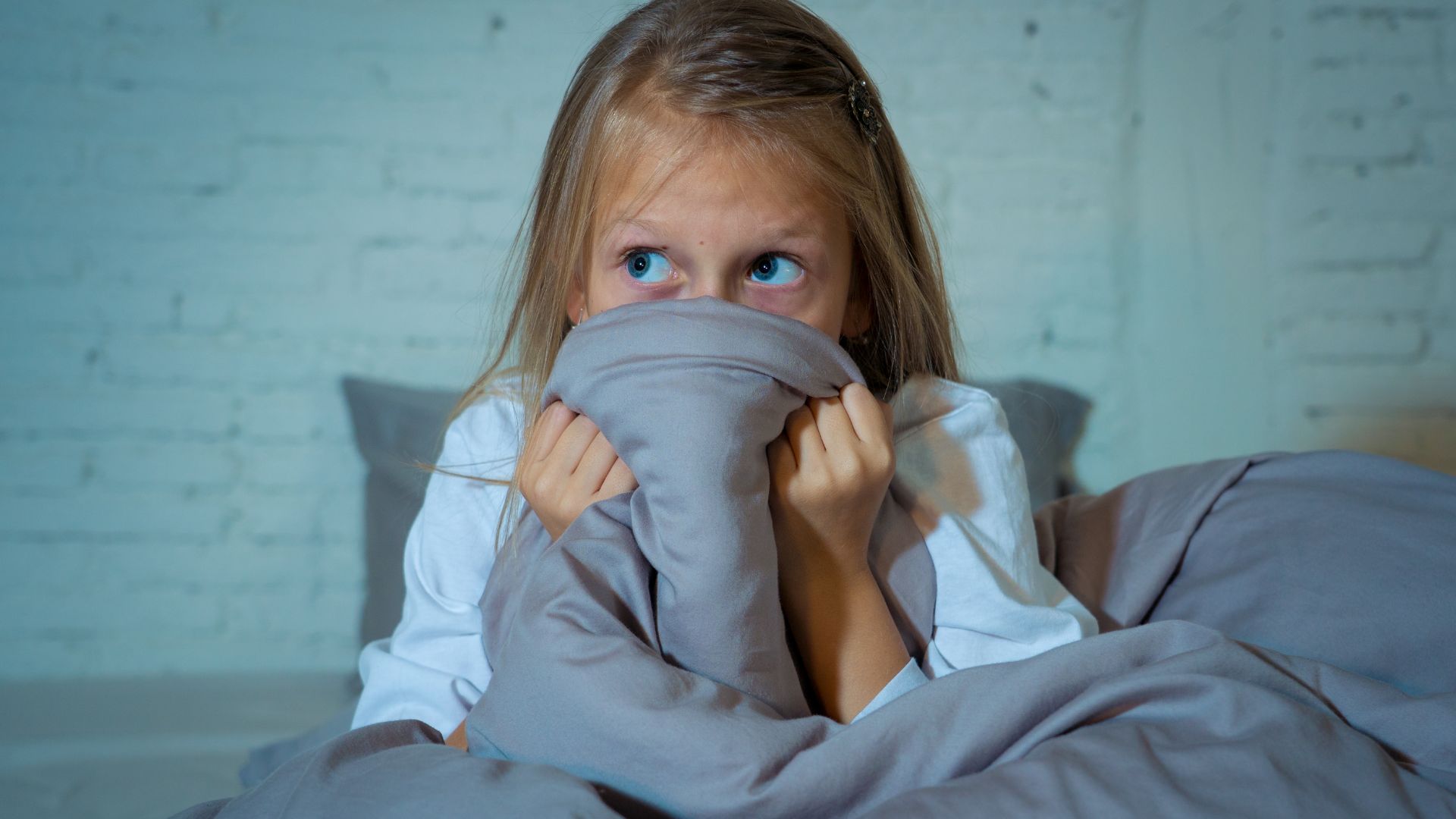“Teeth, a story, pee and bed. »
This is probably how we all imagined bedtime before having kids. In reality, this rarely happens so quickly, and above all so peacefully.
Among the incessant reminders to (multiple choice) “one last little hug”, “I’m too hot”, ” I am thirsty “, “There’s a monster under my bed”, “I find it more tender”, “I still have to pee”existential questions (“Does the little mouse know Santa Claus? ») or a little stupid (“Where does he live, in the elevator?” »), putting our children to bed is rarely so simple, and even less zen for parents.
This is also the conclusion reached by researchers from the Medical School of the University of Michigan (United States) after conducting a survey on 781 parents of children aged one to six years.
Difficulty falling asleep
The survey results show that while most families adopt bedtime rituals to facilitate falling asleep, many also use strategies that, conversely, can increase long-term sleep problems.
Therefore, parents who find bedtime difficult are also those who are least likely to have established a reassuring routine. They are also more likely to let their children watch screens and stay with them until they fall asleep.
“Our report confirms that young children often have difficulty falling asleep. When bedtime becomes a nightly conflict, some parents may adopt habits that work in the moment but may put them at risk for sleep problems later.”explains Sarah Clark, who participated in the research.
According to the researcher, “Establishing a consistent bedtime routine is essential. When children don’t get enough rest, it can impact their physical development, emotional regulation and behavior.”.
Sleep disturbed by nocturnal awakenings
But even for parents who have established a bedtime routine, ensuring their child gets a good night's sleep isn't always a given.
Because although obviously there are children who fall asleep easily, night awakenings can also be part of the problem. A quarter of parents surveyed say their children's sleep is often or occasionally disturbed because they are worried or anxious.
More than a third of parents report that their child wakes up upset or crying, more than 40% say that their child goes to their parents' bed, and about 30% say that children insist that their parents sleep in their room.
“Many young children go through phases where they are afraid of the dark or fear that something bad might happen, leading them to delay bedtime or be anxious when their parents leave the room. Even bad dreams or waking up in the middle of the night can disturb your sleep »develops Sarah Clark.
The researcher recalls that, although stressful and tiring, this period of nocturnal awakenings constitutes “a normal phase of child development”. “Parents must find a balance between comfort and reassurance, while maintaining limits that ensure everyone – children and adults – gets adequate sleep. »
How to help your baby get a good night's sleep?
Study author Sarah Clarke provides several ideas:
- Establish a bedtime routineWho “provides a feeling of security and comfort and signals to the child that it is time to slow down”.
- Create a relaxing environment for sleep : a quiet room, away from the noise of the house. If you are afraid of the dark, parents can add a night light (not too bright, preferably red, not blue) and leave the bedroom door ajar.
- Adopt the same ritual when the child wakes up at night : Whether he kept her in her room or temporarily took her to the living room with her parents if they were still awake, or to their bedroom if they were asleep. Children prone to nocturnal awakenings (either from nightmares or night terrors) need a reassuring environment that gradually brings them back to sleep.
- Gradually introduce changes in your sleep habits. Whether it is the transition from the newborn's cot to the "big bed", or the abandonment of naps, this must be done gradually, to prevent the child from losing orientation.
- Provide a safe home environment by setting limitsin particular by talking to your child to understand what he feels before going to sleep and find a solution together to help him overcome his fears.
- Consult your doctor if you have persistent difficulty sleepingespecially before administering melatonin treatment. “Although melatonin is a natural hormone that regulates sleep-wake cycles and can be used occasionally, parents should not use it as a primary sleep aid.”believes Sarah Clark.
Do you like our articles? You'll love our podcasts. All our series, urgently listen to here.
Source: Madmoizelle
Mary Crossley is an author at “The Fashion Vibes”. She is a seasoned journalist who is dedicated to delivering the latest news to her readers. With a keen sense of what’s important, Mary covers a wide range of topics, from politics to lifestyle and everything in between.





